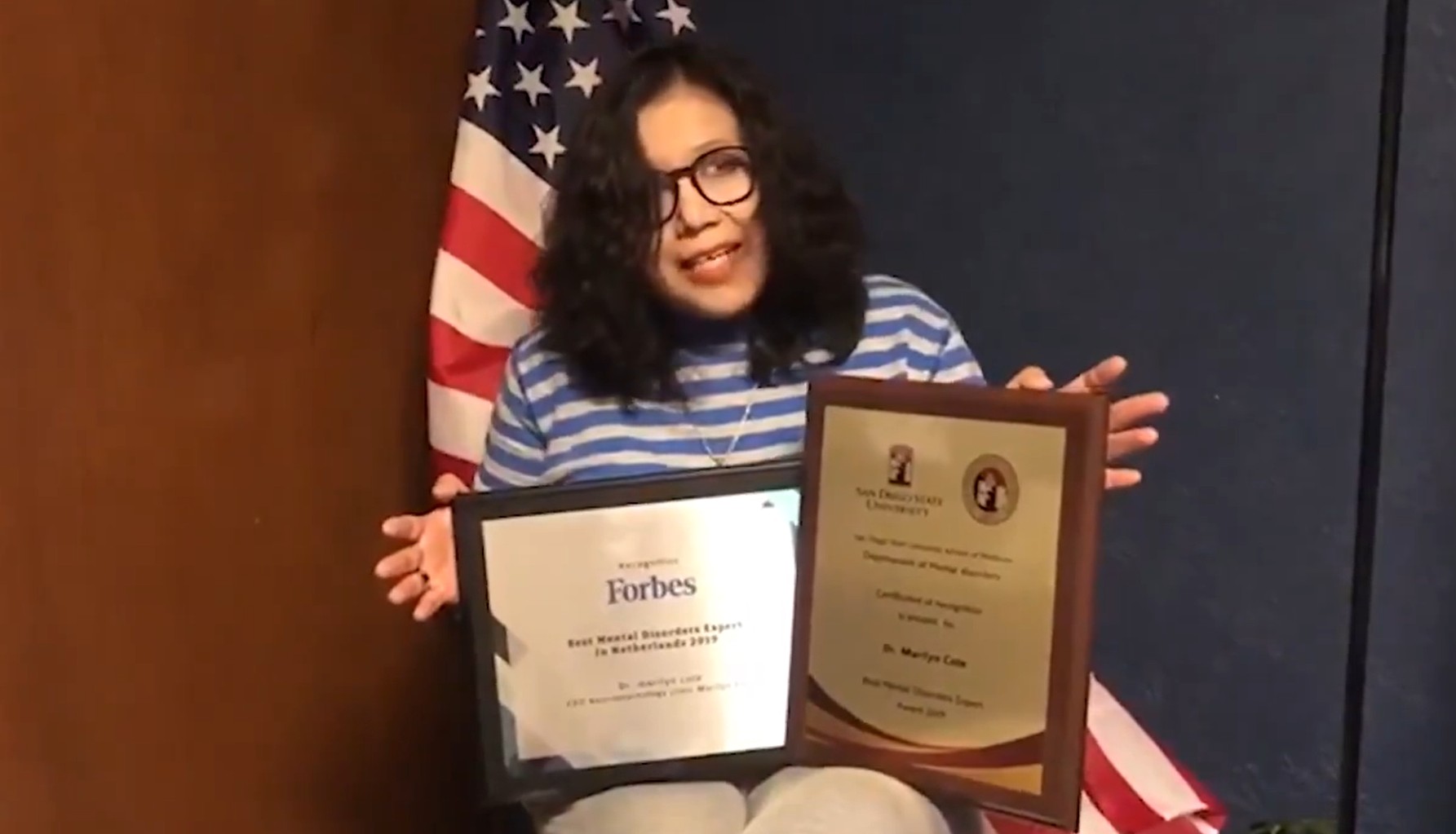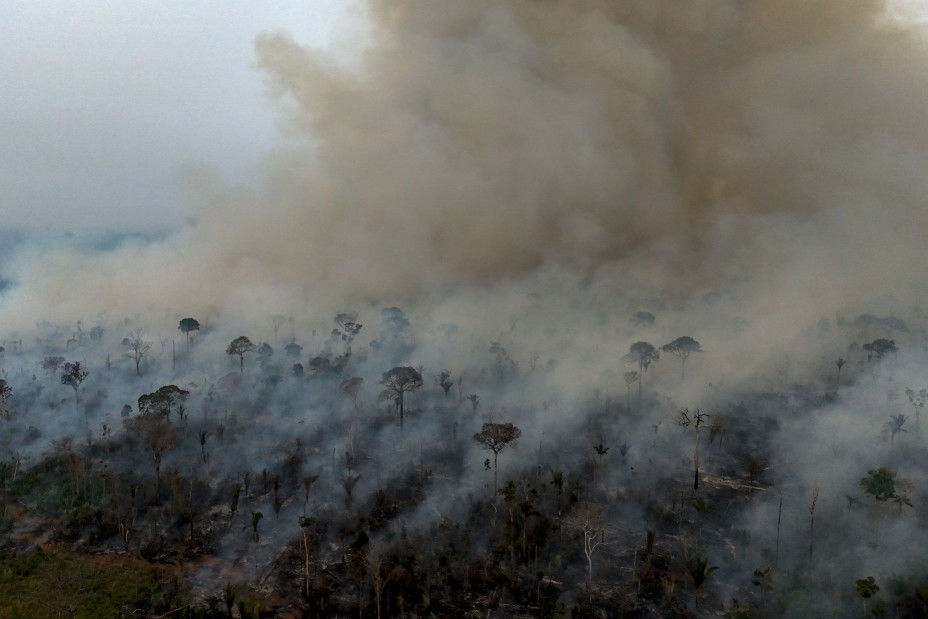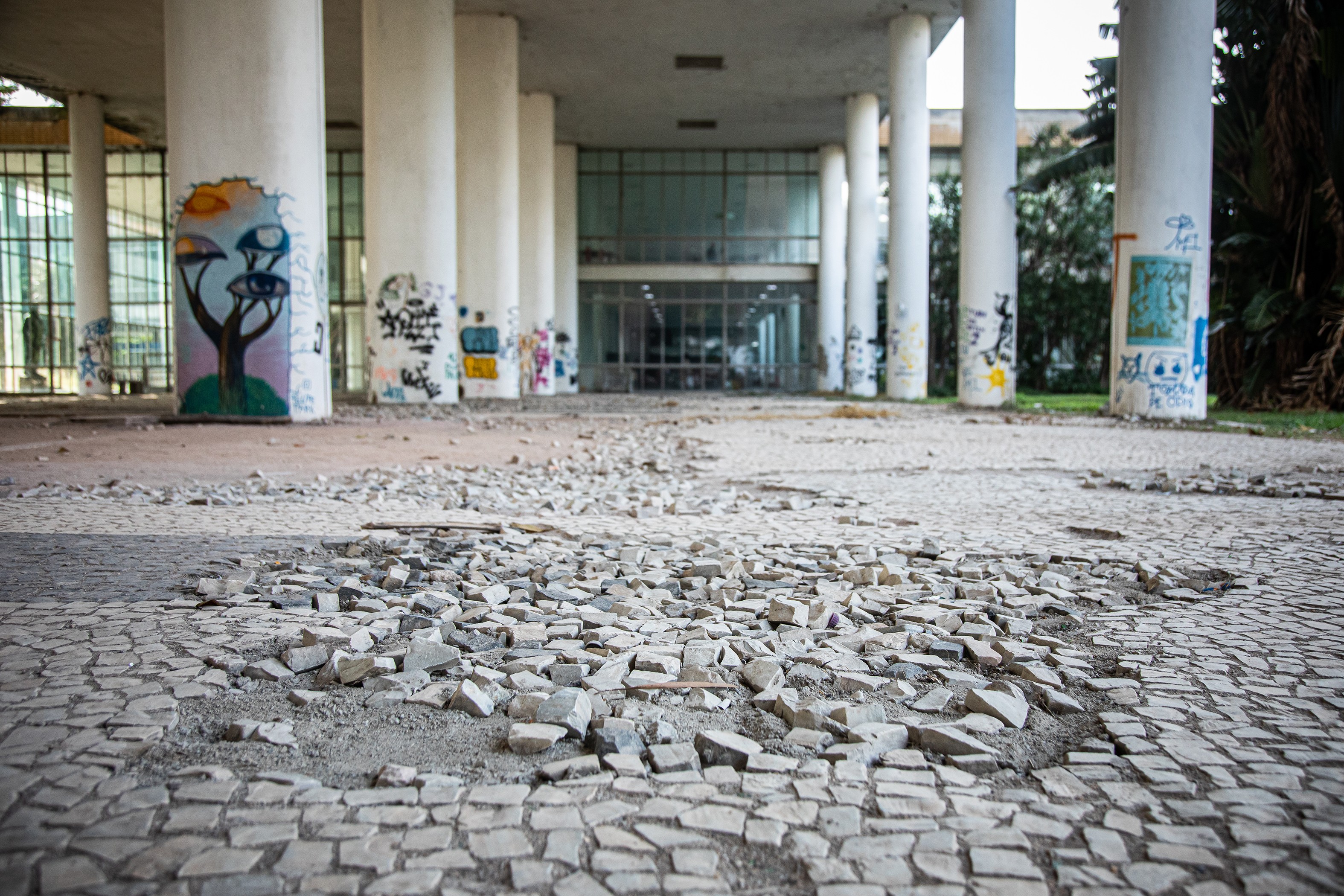After Grammy, Alok attends G20 event on Indigenous issues: 'We are gradually replanting minds'
Confirmed presence at Global Citizen NOW, DJ plans to release 'collection of never-recorded Indigenous music' This Sunday, Alok will step off the stage and sit down to discuss serious matters. He is one of the invited guests at Global Citizen NOW, an event happening in Rio de Janeiro alongside the G20 summit, to address global challenges and concrete actions to tackle them. He will discuss the role of artists in advocating for global causes and explain the connection between music, activism, and the environment. G20 Social: Final statement advocates taxing the ultra-wealthy and condemns far-right misinformation Fun in Rio: 20 paired activities for the G20 holiday weekend in Rio de Janeiro — What I intend to bring to Global Citizen NOW is a reminder of the entertainment industry's role as a transformative agent of worldviews. Hence the importance of embracing Indigenous issues, of joining these voices so that their cultures and wisdom guide us in understanding how technology and sustainability work together to build a feasible future — the artist says. Since 2015, the DJ has been showcasing music influenced by Indigenous and environmental causes. At that time, Alok was going through a depressive period and watched a video about the Yawanawá people living in the Acre region. He traveled to the Amazon, spent ten days with them, and since then, has embraced the mission of artistically and socially amplifying the message of forest peoples. Today, with 23.8 million monthly listeners on Spotify, he believes he is capable of "reforesting" the mindset, particularly of younger generations. — 've met people from different social classes, mainly young people, who were previously unaware of Indigenous issues. They've started reaching out to me on social media and at shows, telling me that 'The future is ancestral' made them reflect — says the 33-year-old from Goiás, recalling how he helped many students in 2022 on the Enem exam, which had the essay theme "The challenges for valuing traditional communities and peoples in Brazil" — I received numerous messages like, "I never thought I would cite Alok in an Enem essay," "If it weren't for Alok's work with Indigenous peoples, I wouldn't have been able to develop the theme." This shows that little by little, we are "reforesting" the minds of this generation born disconnected from the forest. Other artists and I working with Indigenous peoples are amplifying and, in a way, contributing to Brazilians' understanding of the beauty and importance of the community. However, Alok acknowledges that the mobilization around these causes is still insufficient for what the planet demands. For him, merely talking is not enough; actions must follow, which should "transcend party lines," he says. — Many people have approached this topic, but I still perceive a timid engagement, a hesitation in making things happen. It's not enough to just spread information in the communication sphere; it needs to be accompanied by actions to demonstrate behavioral changes. Alok Irvin Rivera Alok comes to Rio just days after performing at the Latin Grammy in Miami last Thursday. He was nominated for Best Electronic Music Performance with the song "Pedju Kunumigwe," featured on the album "Futuro Ancestral," whose name was inspired by Ailton Krenak's book, the first Indigenous person to join the Brazilian Academy of Letters (ABL). Although he didn't take home the award, he took to the stage to perform alongside musician and Indigenous leader Mapu Huni Kuin, who participated in the album's recordings. Following the album, he promises more initiatives to maintain and propagate Amazonian cultures. — Through the Alok Institute, we will launch the 'Native Sounds' collection, which is a record of never-recorded Indigenous music, so it can be preserved. Therefore, the project 'The Future is Ancestral' is a contribution to the International Decade of Indigenous Languages in cooperation with UNESCO, as a way to preserve the culture of the peoples who care for our biomes. The translation of this text into english was carried out by Project Irineu, O GLOBO's initiative to develop artificial intelligence tools. Here is the link to the original report.


Confirmed presence at Global Citizen NOW, DJ plans to release 'collection of never-recorded Indigenous music' This Sunday, Alok will step off the stage and sit down to discuss serious matters. He is one of the invited guests at Global Citizen NOW, an event happening in Rio de Janeiro alongside the G20 summit, to address global challenges and concrete actions to tackle them. He will discuss the role of artists in advocating for global causes and explain the connection between music, activism, and the environment. G20 Social: Final statement advocates taxing the ultra-wealthy and condemns far-right misinformation Fun in Rio: 20 paired activities for the G20 holiday weekend in Rio de Janeiro — What I intend to bring to Global Citizen NOW is a reminder of the entertainment industry's role as a transformative agent of worldviews. Hence the importance of embracing Indigenous issues, of joining these voices so that their cultures and wisdom guide us in understanding how technology and sustainability work together to build a feasible future — the artist says. Since 2015, the DJ has been showcasing music influenced by Indigenous and environmental causes. At that time, Alok was going through a depressive period and watched a video about the Yawanawá people living in the Acre region. He traveled to the Amazon, spent ten days with them, and since then, has embraced the mission of artistically and socially amplifying the message of forest peoples. Today, with 23.8 million monthly listeners on Spotify, he believes he is capable of "reforesting" the mindset, particularly of younger generations. — 've met people from different social classes, mainly young people, who were previously unaware of Indigenous issues. They've started reaching out to me on social media and at shows, telling me that 'The future is ancestral' made them reflect — says the 33-year-old from Goiás, recalling how he helped many students in 2022 on the Enem exam, which had the essay theme "The challenges for valuing traditional communities and peoples in Brazil" — I received numerous messages like, "I never thought I would cite Alok in an Enem essay," "If it weren't for Alok's work with Indigenous peoples, I wouldn't have been able to develop the theme." This shows that little by little, we are "reforesting" the minds of this generation born disconnected from the forest. Other artists and I working with Indigenous peoples are amplifying and, in a way, contributing to Brazilians' understanding of the beauty and importance of the community. However, Alok acknowledges that the mobilization around these causes is still insufficient for what the planet demands. For him, merely talking is not enough; actions must follow, which should "transcend party lines," he says. — Many people have approached this topic, but I still perceive a timid engagement, a hesitation in making things happen. It's not enough to just spread information in the communication sphere; it needs to be accompanied by actions to demonstrate behavioral changes. Alok Irvin Rivera Alok comes to Rio just days after performing at the Latin Grammy in Miami last Thursday. He was nominated for Best Electronic Music Performance with the song "Pedju Kunumigwe," featured on the album "Futuro Ancestral," whose name was inspired by Ailton Krenak's book, the first Indigenous person to join the Brazilian Academy of Letters (ABL). Although he didn't take home the award, he took to the stage to perform alongside musician and Indigenous leader Mapu Huni Kuin, who participated in the album's recordings. Following the album, he promises more initiatives to maintain and propagate Amazonian cultures. — Through the Alok Institute, we will launch the 'Native Sounds' collection, which is a record of never-recorded Indigenous music, so it can be preserved. Therefore, the project 'The Future is Ancestral' is a contribution to the International Decade of Indigenous Languages in cooperation with UNESCO, as a way to preserve the culture of the peoples who care for our biomes. The translation of this text into english was carried out by Project Irineu, O GLOBO's initiative to develop artificial intelligence tools. Here is the link to the original report.
Qual é a sua reação?



































